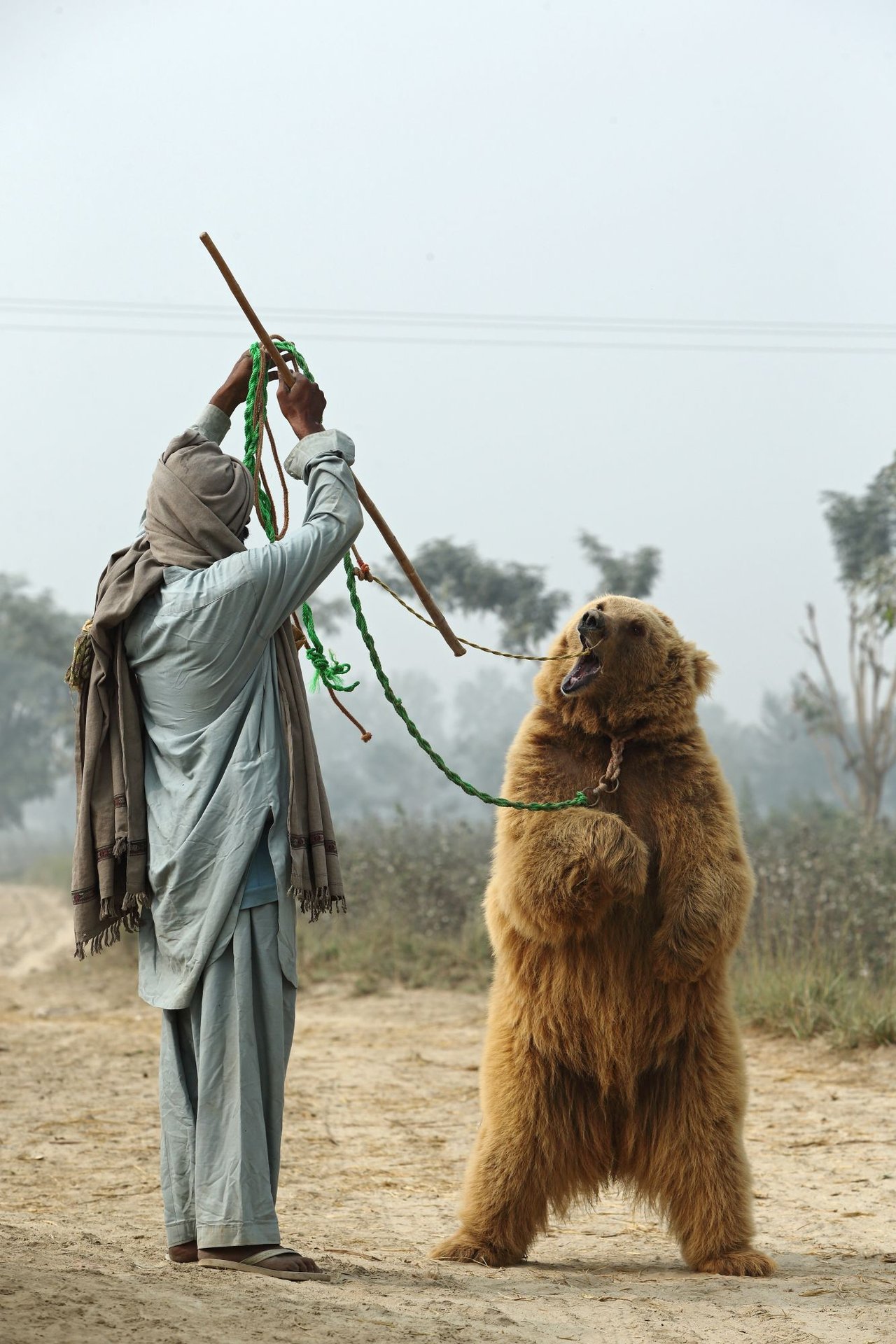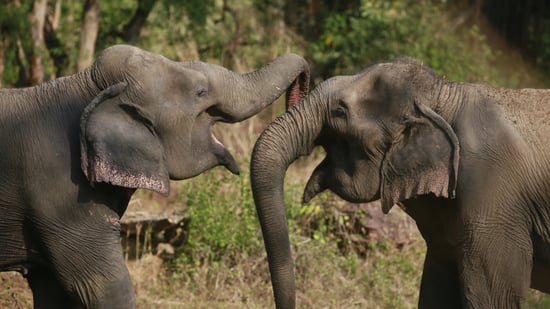World Lion Day
Animal Awareness Days
Join us for World Lion Day on August 10th, find out our top lion facts and how the big cat at the top of the animal kingdom needs our help.

Animal Awareness Days
World Bear Day is observed around the globe on March 23rd and celebrates all bears, regardless of species.
You can read on to learn more about these much-loved mammals, their threats, and what you can do to help.
Six of these species are threatened or vulnerable by the IUCN (Red List of Endangered Species).
Living bears in Asia are farmed for the bile in their gallbladders. The bile is sold for traditional medicine. These bears are often in cages no bigger than phone booths for their entire lives; they often moan and rock due to extreme anxiety. All methods of extracting bile from live bears cause severe distress and pain.
Captive bears, often stolen from the wild as cubs, are forced to 'dance' for tourists on the streets as a form of begging. They are trained through extremely cruel techniques.
Bear baiting is an illegal and inhumane bloodsport where bears, unable to defend themselves, battle against trained dogs for entertainment. These bears suffer unimaginable injuries and rarely live beyond eight years old.
Join our fight against the exploitation and commodification of wild animals. Can you lend your voice?


When you make a donation, you’ll join a passionate group of supporters who are determined to change the world for animals. We're fighting animal cruelty wherever we find it — are you with us?
DonateBears are wild animals found in the forest and mountainous regions of North America, South America, Europe, and Asia. Sadly, not every wild bear gets to live freely. Bears remain imprisoned and abused around the world.
Bears are sentient animals with thoughts, feelings, and individual personalities. They are highly intelligent animals, shown to grieve deeply and show altruistic behaviour in sharing food with unrelated bears during food shortages.
Bears commonly have large bodies, large paws, long snouts, small rounded ears, and shaggy hair. They are brown, black and white. They range in size from 4-8ft and 60-1000 pounds.
Animal Awareness Days
Join us for World Lion Day on August 10th, find out our top lion facts and how the big cat at the top of the animal kingdom needs our help.
Animal Awareness Days
World Animal Day is October 4th - World Animal Protection has put together a guide on the day's importance to help increase awareness for animal welfare.
Animal Awareness Days
World Elephant Day is observed on the 12th of August. Despite their size, popularity and status, elephants desperately need protection. Find out more.
Blog
Discover the truth behind captive wildlife attractions. Learn why these cruel practices harm animals and how we can...
Blog
Discover how you can see elephants in a humane way without supporting harmful tourism practices.
Blog
Learn how climate change affects wildlife and ecosystems around the world. Discover ways to help protect endangered species...
Blog
Learn how ocean exploitation is harming marine wildlife and what we can do to protect the oceans. Support...